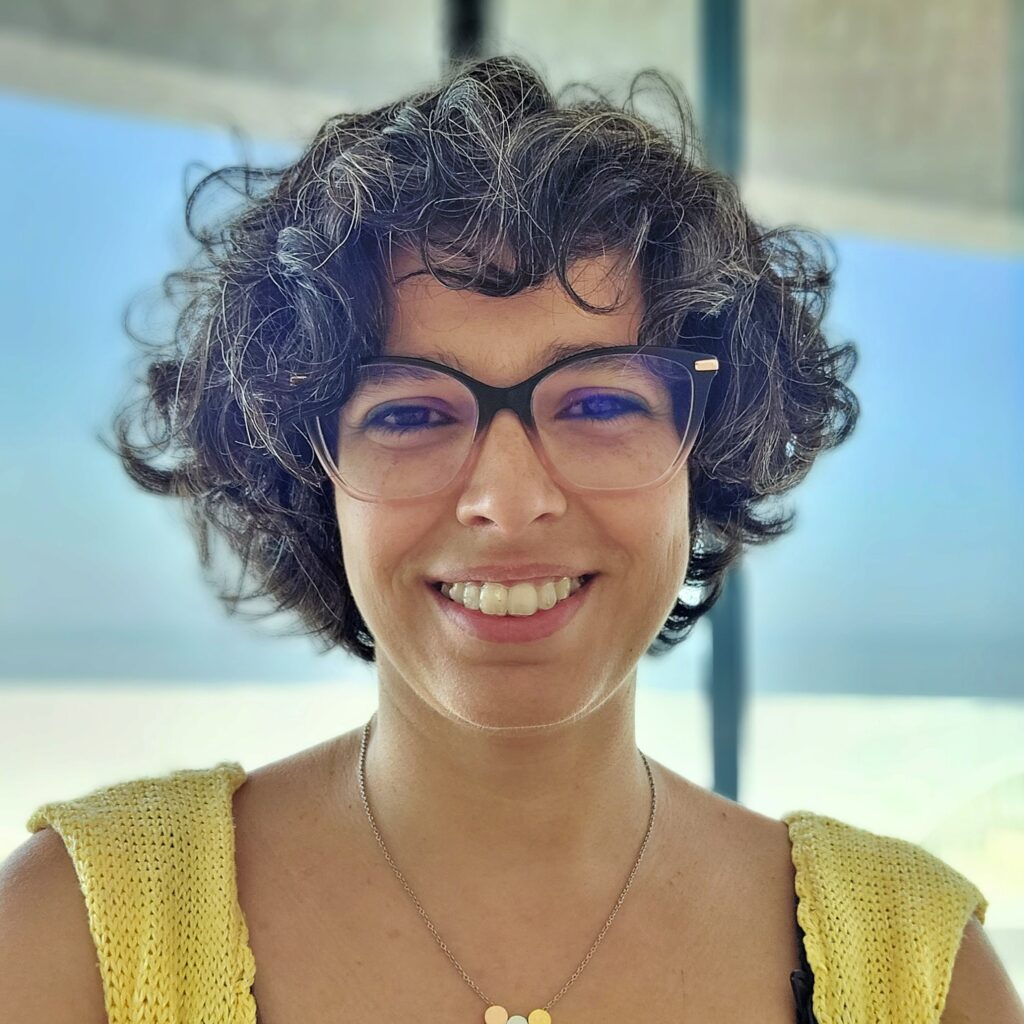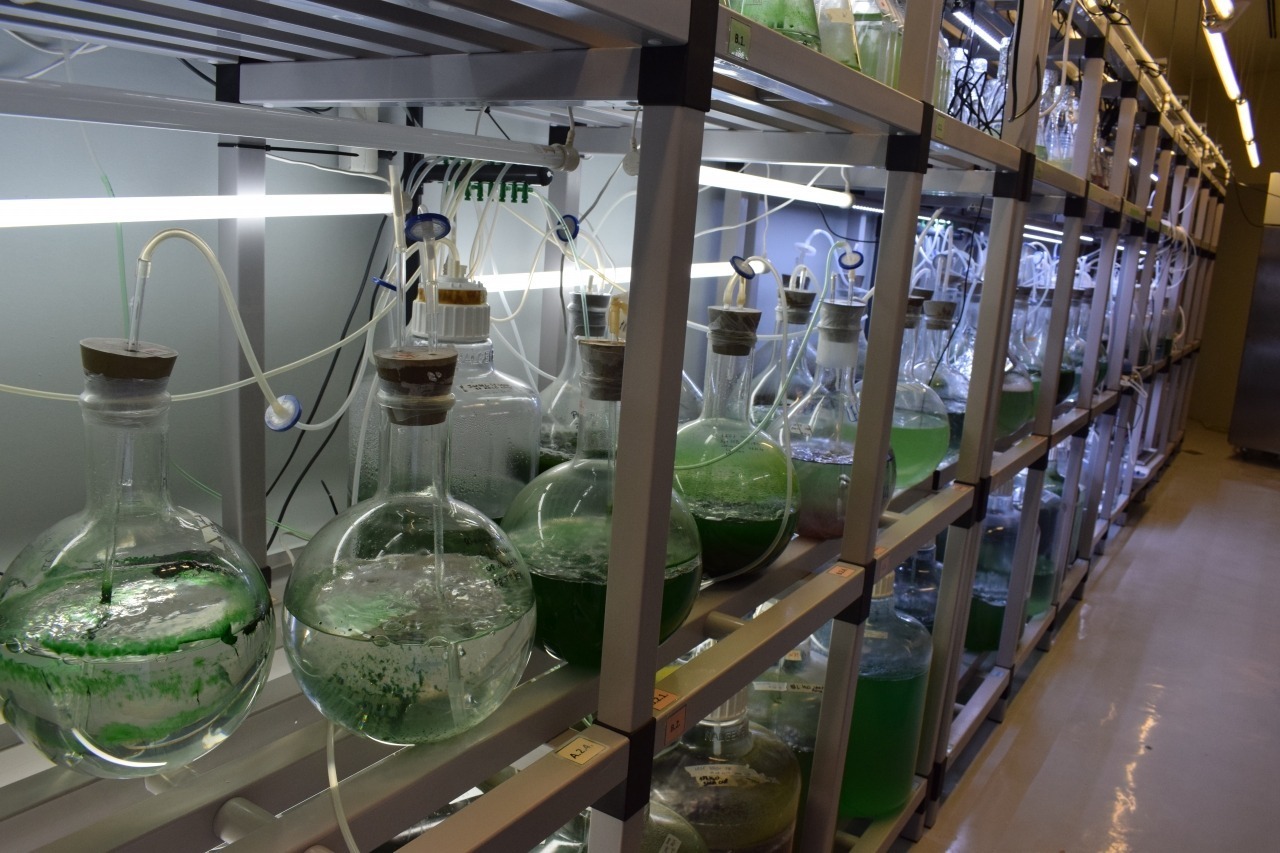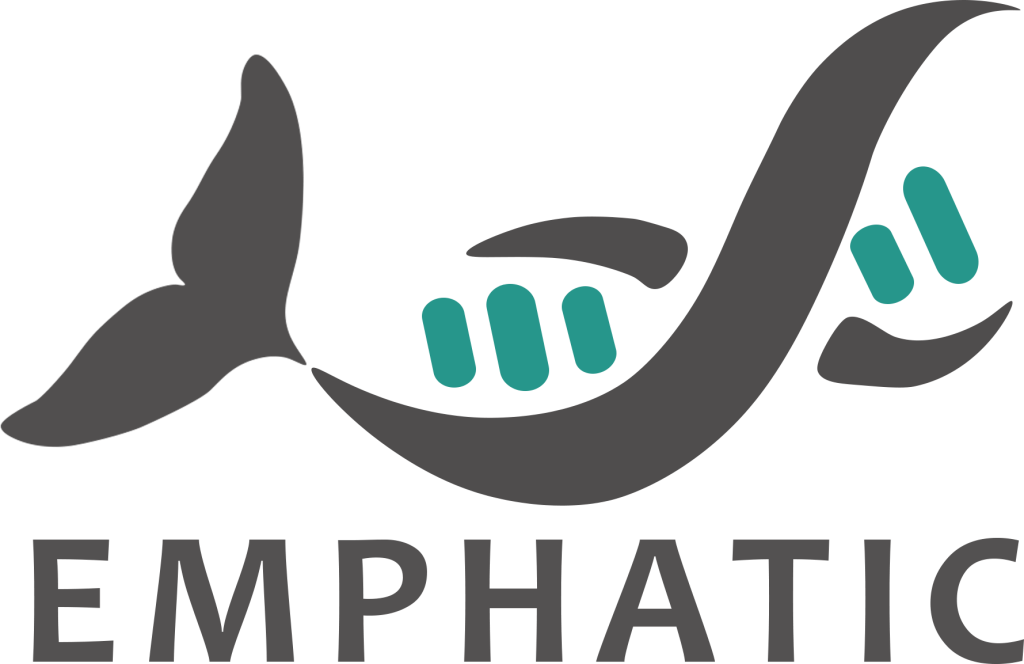

Researcher
Mariana Reis (PhD in Pharmacy – University of Lisbon, 2015) is a researcher at CIIMAR who is interested in the natural products chemistry of microalgae and cyanobacteria. These organisms produce a diverse array of organic chemicals that are just waiting for a novel biotechnological application. With her extensive experience in natural compounds isolation, structural elucidation, and molecular derivatization, she is involved in several projects whose goal is to provide microalgae and cyanobacteria-driven solutions to human health and environmental problems. She is also very engaged in scientific dissemination actions and training the next generation of scientists, through lectures and supervision of PhD, masters and undergraduate students.









